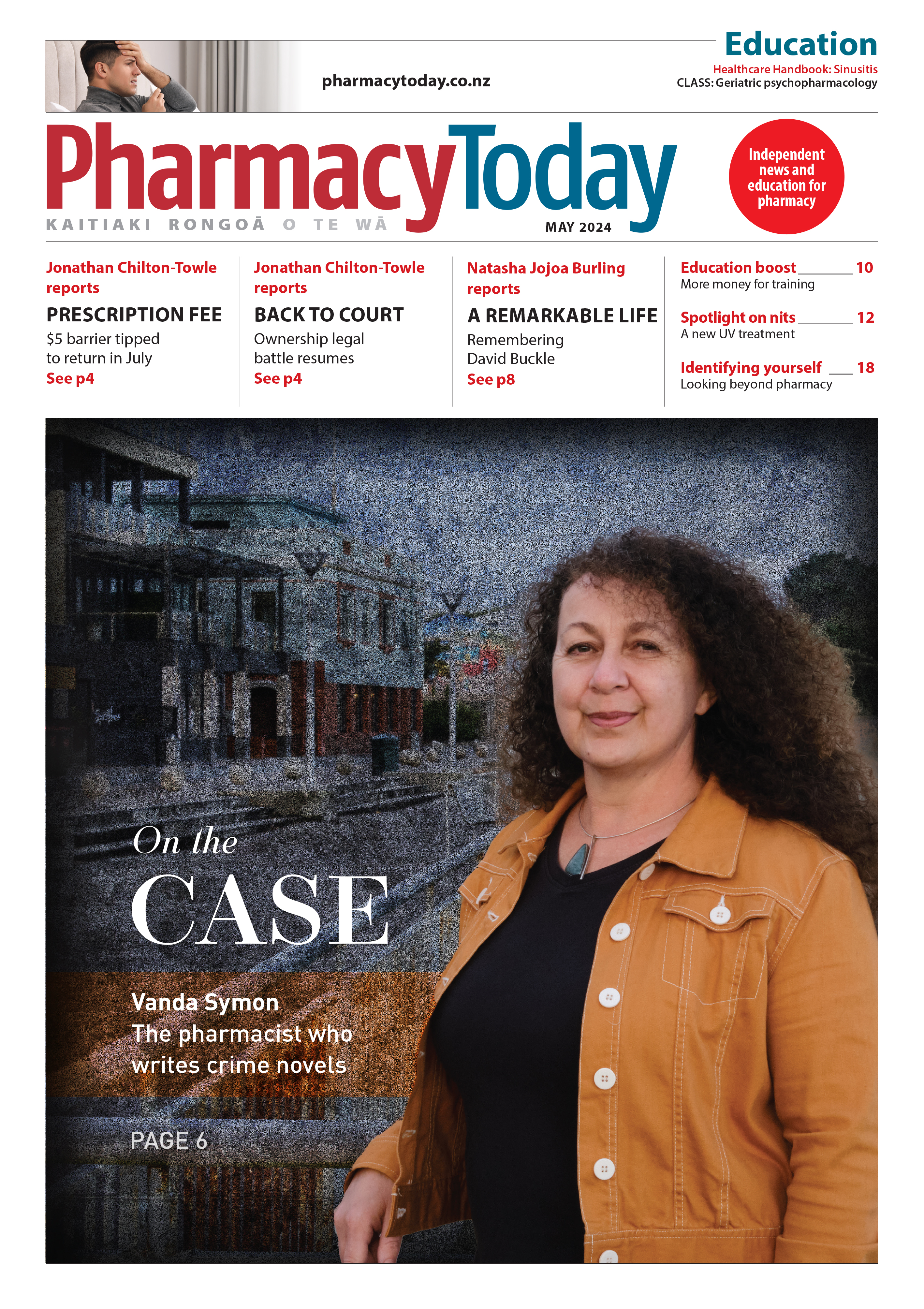This article, written by Sidhesh Phaldessai, provides an overview of geriatric psychopharmacology, including the epidemiology of mental health disorders in the older population, the physiological changes that occur with ageing and their impact on pharmacokinetics and pharmacodynamics, and the use of psychotropic medications in older adults
ProCare welcomes Smokefree Environments Bill passing its second reading
ProCare welcomes Smokefree Environments Bill passing its second reading
Leading healthcare provider, ProCare, has this morning welcomed the Smokefree Environments and Regulated Products (Smoked Tobacco) Amendment Bill passing its second reading in the house last night.
The Bill aims to reducing retail availability, amending the age limits, and reducing the appeal and addictiveness of smoked tobacco products to young people.
Bindi Norwell, Group Chief Executive Officer at ProCare says: “Research has shown that cigarettes, along with other harmful products such as alcohol and unhealthy food, can have significant impacts on people’s health. Despite this, they can be bought alongside other consumer products from shops that also sell items such as fruit and vegetables.
“We are delighted that the Smokefree Environments Bill passed its second reading in the house last night, as the changes that this Bill is looking to make will help protect our young people so that they don’t suffer the same health challenges that we’ve seen tobacco cause over the last 50 years,” she continues.
Dr Allan Moffitt, Clinical Director at ProCare says: “Living a smokefree life is one of the best things a person can do for their health and wellbeing. The benefits are immediate, lifesaving, and can have a significant impact for an individual’s wellbeing and healthcare.
“Recently published research out of the U.S* has shown that people who quit smoking before the age of 35 have a similar long-term mortality risk to those who have never smoked – so anything we can do to ensure young people either don’t start, or can quit as early as they can, is to be welcomed,” he continues.
“If we’re serious as a country about a Smokefree Aotearoa by 2025, then in addition to the changes in the Bill, we need to make a significant investment in smoking cessation services and wider wrap around support and holistic approach to services for whānau who are trying to quit smoking,” he concludes.





